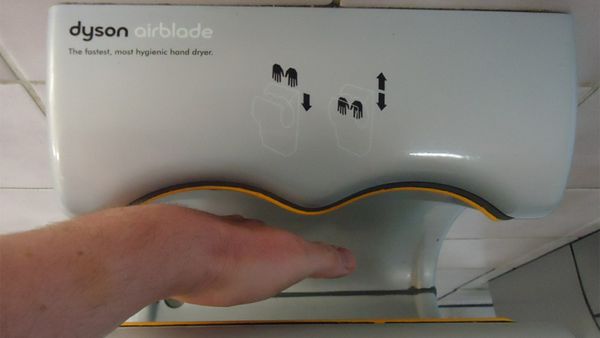
If you're looking to bring a little extra joy to the special someone in your life, try cleaning out the car, organizing the desk or putting crisp, fresh sheets on the bed. You'll earn serious brownie points and it'll actually bring both biological and psychological benefits. Humans are simply hard-wired to function better in clean environments, and dirty or cluttered surroundings can actually have a ripple effect of negativity.
Morgan Brashear, a home care scientist with Procter & Gamble, notes in an email that people constantly deal with both internal and external pressures related to cleanliness. "From the internal point of view, when your house is dirty, or your space is cluttered or messy you feel chaotic internally. You don't feel like you have a handle on things," she explains. "When things are crazy at work and at home it multiplies the feeling of chaos. Keeping things ordered and clean can make you feel in control of the situation." Externally speaking, we stress ourselves out about how others will view our space, and fear that they'll pass judgement on our hygiene and housekeeping skills. So, not only are we our own harshest critics, we think everyone else is, too.
Advertisement

